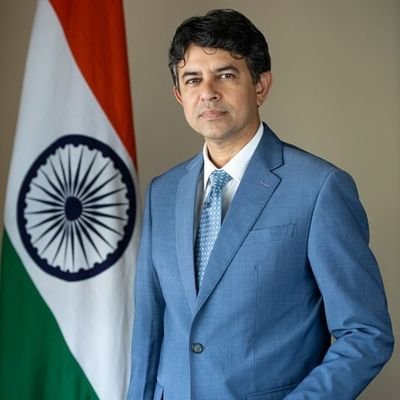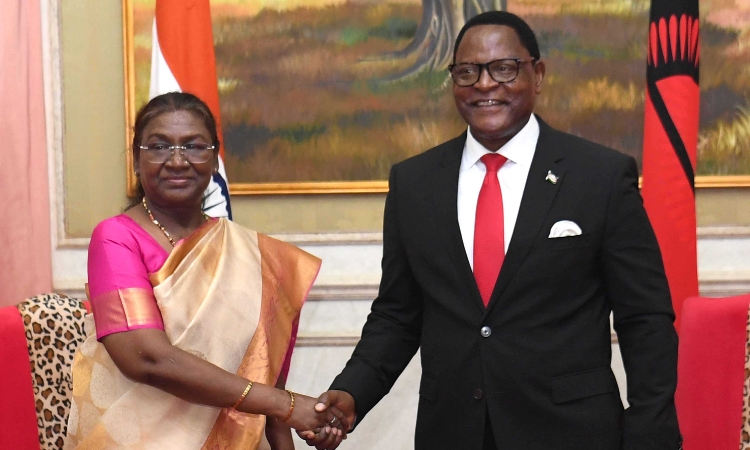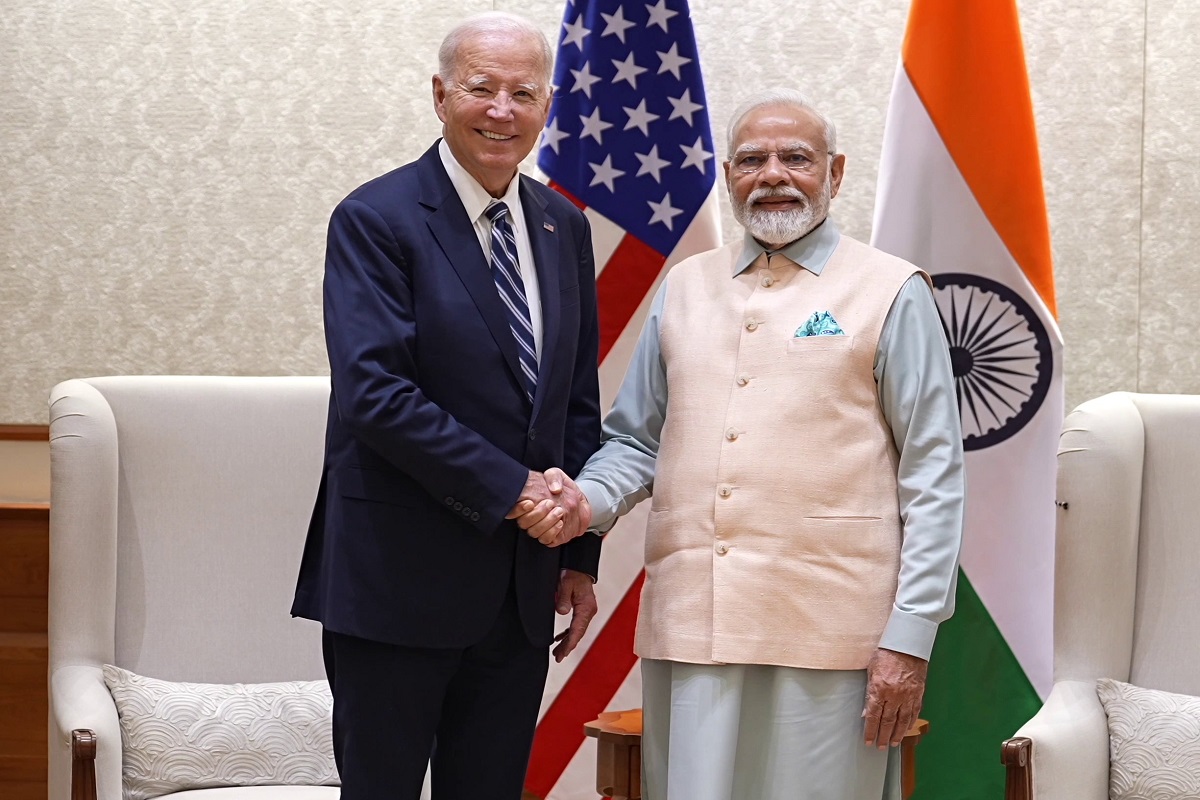As the campaign and race for Presidential polls pace up, we explore five facts about the upcoming polls in France. The elections are happening amidst an unprecedented global environment, so it has picked up interest not among French voters, but also among other countries. Let’s see a little more about what’s shaping how the Fifth Republic would be ruled in the next five years.
Poll Dates:
There will be two rounds of polling – the first round of voting will take place on 10 April. The top two candidates emerging from the first round will fight out again on 24 April.
Who are the Voters:
There are as many as 48 million voters eligible to vote in the upcoming polls. It may be noted that a large number of voters will stay away from polling.
Who are the candidates:
Apart from the incumbent President Emmanuel Macron, who is seeking re-lection, there are leaders contesting from all political spectrum – rightist, leftist, centrist, and independents. To contest as presidential candidates, each of them has to get 500 sponsorships from around 42,000 elected officials. These Sponsorships need to be certified by the Constitutional Council (which is France’s Supreme Court).
There are about 12 candidates who have got the required sponsorship. Other than Macron, Marine Le Pen (Rassemblement National, representing the far right), has emerged as a popular candidate in the run-up to polls. Incumbent Macron represents centrist politics. From the far-left’s Jean-Luc Melenchon seems to be most visible in the popularity charts from the Left spectrum.
During the 2017 polls, Macron had won the runoff vote against Le Pen with 66%. She is contesting for the third time.
What are they talking about?
Domestically, Macron has spoken about economic reforms. He has raised issues like retirement age. He wants to usher in pro-market reforms. Le Penn is focusing on the declining purchasing power of middle- and lower-income voters. The leaders are also talking about pension reforms. Le Pen wants to keep the retirement age at 62 years and 60 years for those who started working at the age of 20 years.
Le Penn speaking about the shift in purchasing power has pushed her up on the popularity charts.
What do the voters want?
According to a survey, voters are concerned about the cost of living, environment, healthcare, immigration, wages, crime, and safety. Purchasing power, social security, and safety and security are the top concerns among voters.









